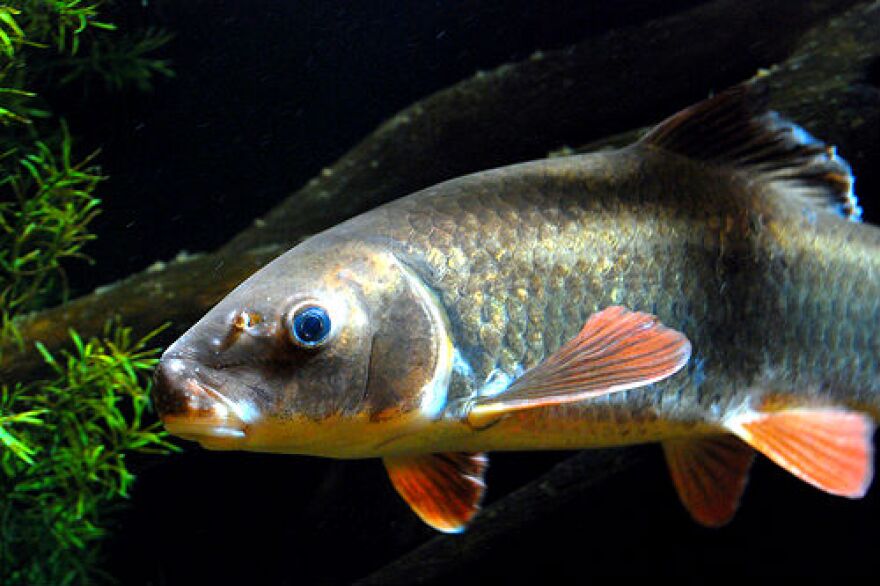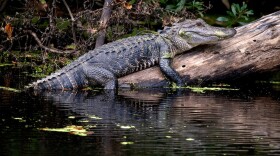Officials with the US Fish & Wildlife Service made two big announcements concerning North Carolina this month: they determined that a very rare moth found in one county near the coast warrants placement on the Endangered Species List, and they are awarding the state two grants to help with wildlife conservation.
The moth, known as the rattlesnake-master borer moth, has been documented in only five states. North Carolina’s entire population is limited to Pender County, north of Wilmington. Its sole food source is a plant called rattlesnake-master, which is found both in prairies in the Midwest and in open woodland in the southeast. The moth is suffering from habitat loss, and populations are shrinking as a result.
While the USFWS has determined that the moth is threatened and rare enough to deserve a place on the Endangered Species List (ESL), they’ve decided to delay its placement on the list because other species with higher priority must be placed on the list first. In the meantime, it is making the rattlesnake-master borer moth an official “candidate” for the ESL.
“When a species is listed as a candidate, we often look for ways to conserve it, even though it’s not listed [as an Endangered Species],” says USFWS External Affairs Specialist Georgia Parham. “If there are ways we can work with private landowners or have a state agency or conservation group undertake activities that help the species, sometimes we can prevent the need to list it.”
The second big announcement this month from the the folks at USFWS is that they’re awarding North Carolina two State Wildlife Grants to focus on large-scale conservation projects. These competitive grants were awarded to eleven states this year and are matched by non-federal funds. North Carolina received one grant specifically to conserve a large fish called the robust redhorse, which is found in the Pee Dee River and is a state-listed endangered species. The grant provides $460,000, with an additional $225,400 matched by non-federal sources, and it goes to the North Carolina Wildlife Resources Commission, the Department of Environment and Natural Resources and the Division of Inland Fisheries.

“We will be looking at water quality issues and doing some testing to see what contaminants might be impacting the robust redhorse, as well as all the other priority species that in the Pee Dee River,” says NC Wildlife Resources Commission research coordinator Ryan Heise. Heise is a part of the Robust Redhorse Conservation Committee, a group of stakeholders, state and federal agencies, non-governmental organizations and power companies that have taken responsibility for the fish’s recovery.
The USFWS also awarded the same three groups a second, smaller grant of about $95,000, matched by roughly $31,000 in non-federal funds. This one goes toward a revision of the NC Wildlife Action Plan, a conservation guide for federal and state agencies. It’s possible that the the plan could include provisions for the state’s newest federal ESL candidate, the rattlesnake-master borer moth.









